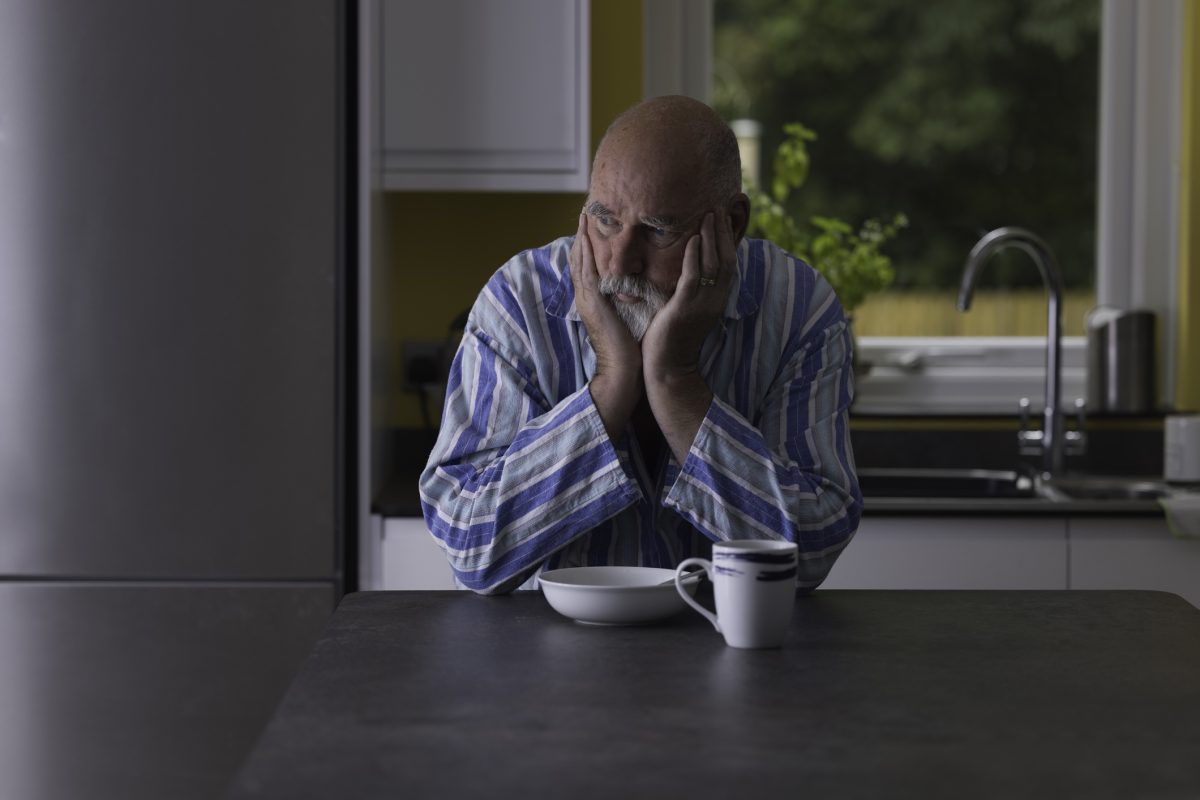As we get older, our habits are bound to change, including when we eat our meals.
For one thing, it may take us longer to prepare our meals. We may also develop health issues that interfere with our eating habits.
Both of these factors can influence when we eat, making it more likely that our meals will be delayed.
Our sleep patterns may change, too. Becoming something of a “night owl” can increase the likelihood of having a late breakfast.
Why does any of this matter?
Eating breakfast later and later can have a cascading effect on aging adults, leading to an earlier death…
Breakfast timing provides clues about health status
Researchers at Massachusetts General Hospital have found that breakfast timing may be a valuable tool in monitoring the health of older adults.
Led by Dr. Hassan Dashti, a nutrition scientist and circadian biologist at Massachusetts General, the research team analyzed data from 2,945 adults in the UK ages 42 to 94. They then followed these subjects for more than 20 years.
They found that as older adults age, there is a tendency to eat breakfast and dinner at later times, narrowing the overall time window in which they eat each day and having a significant impact on their health and well-being.
Eating breakfast later was consistently associated with having physical and mental health conditions, including depression, fatigue, sleep problems and oral health problems.
But most alarming, a later breakfast was also associated with an increased risk of death during the follow-up period.
“Up until now, we had a limited insight into how the timing of meals evolves later in life and how this shift relates to overall health and longevity,” says Dr. Dashti.
“Our findings help fill that gap by showing that later meal timing, especially delayed breakfast, is tied to both health challenges and increased mortality risk in older adults. These results add new meaning to the saying that ‘breakfast is the most important meal of the day,’ especially for older individuals.”
The most important thing: Consistency
Dr. Dashti suggested that encouraging older adults to have consistent meal schedules could become part of broader strategies to promote healthy aging and longevity.
So if you tend to be a night owl and a late breakfast eater, take some steps to turn those habits around.
According to research from Harvard and MIT, pushing back your bedtime and wake time by just one hour can lower your depression risk by 23%.
And you’ll be doing yourself a favor in other ways, too. You’ll be reducing your risk of diabetes, heart disease and non-alcoholic fatty liver disease.
No matter what time you head off to bed, sticking to a regular sleep schedule is crucial — as well as aiming for 7 to 8 hours of sleep per night.
Duke University researchers found that going to bed and getting up at about the same time each day lowers your risk for obesity, hypertension, and stroke — even if your total sleep time is less than optimal.
Specifically, disrupted sleep has been shown to increase the number of white blood cells, known as monocytes and neutrophils, in the blood. These cells are known to contribute to the development of plaque inside the arteries and put individuals at risk for heart problems and strokes.
To improve your chances of being ready for bed in the evening…
- Try moving around during the day, taking short walks, preferably with friends or neighbors.
- Turn off electronics or TVs to reduce blue light, which can interfere with sleep.
- Aim for a consistent bedtime.
- Practice good sleep hygiene by avoiding falling asleep in a chair or on the couch.
- Stop drinking caffeine at least 6 hours before bed. Try some chamomile tea instead — but do so about 2 hours before bedtime to keep your bladder from waking you up.
- If needed, a bedtime snack of walnuts and cherries is a good source of natural sleep-promoting melatonin.
- Don’t forget to brush your teeth before bed.
Sweet dreams!
Sources:
Scientists reveal how breakfast timing may predict how long you live — Science Daily
Meal timing trajectories in older adults and their associations with morbidity, genetic profiles, and mortality — Communications Medicine
Read full article here




